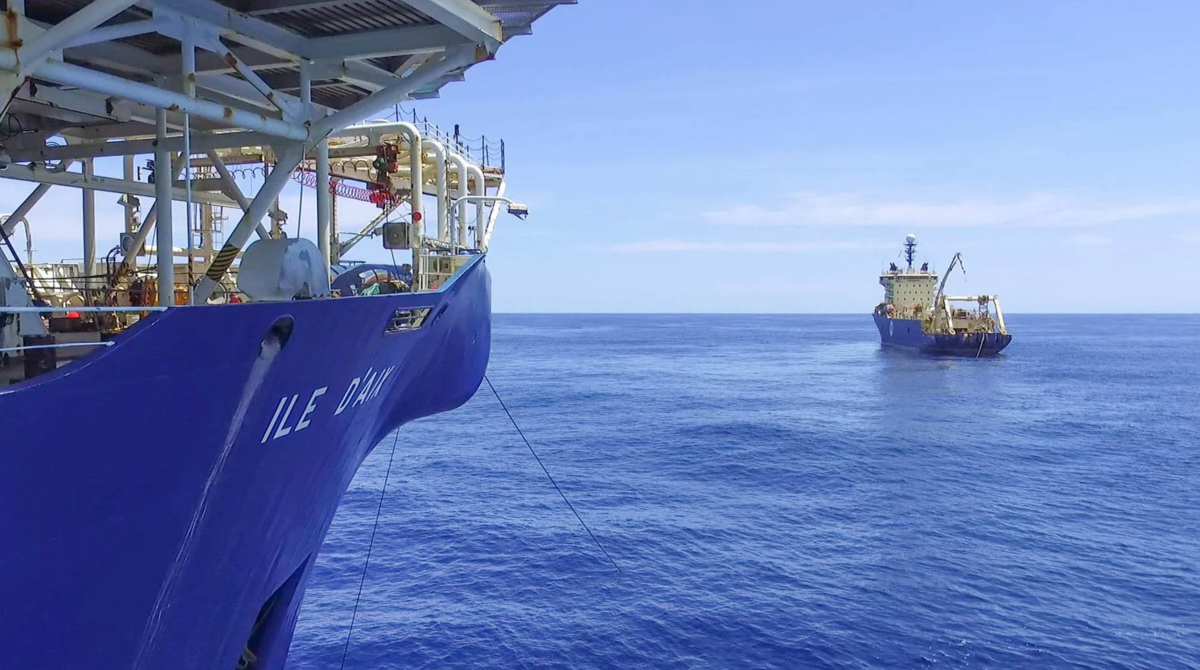Meta opposes network fees for Internet services
Meta sees no basis for the network fees brought into play, which content providers are supposed to pay to infrastructure operators so that they can operate and expand their networks. The infrastructure operators, i.e. the owners of the physical cables and other data carriers, see themselves under constant investment pressure due to the increasing data traffic and want those who cause this data traffic to share in the costs of the expansion.
Meta doesn’t find that plausible. Because there is a lack of evidence for this logic, write the meta managers Kevin Salvadori and Bruno Cendon Martin in a current amount on the meta blog.
On the contrary, it is rather the case that it is precisely the investments made by the content providers that also determine the business model of the telecommunications operators. Telecommunications operators and content providers are “symbiotic companies that play different but complementary roles in the digital ecosystem”.
After all, Meta would invest tens of billions of dollars in its apps and platforms to facilitate content hosting. Billions of people would go online every day just to access this content.
This is exactly what would create the demand in the first place, “which enables the telecommunications operators to charge fees for Internet access”. Meta’s content investments are “literally the engine of telecom operators’ revenue and business model.”
Accordingly, Meta sees “no credible evidence of an investment gap in fixed network capacity or mobile coverage”. In addition, Salvadori and Cendon Martin point out that the content providers would definitely invest in network structures.
In the last ten years alone, content providers have collectively invested more than $880 billion in global digital infrastructure, of which about $120 billion per year from 2018 to 2021. These infrastructure contributions from content providers would save telecom operators around $6 billion per year.
Above all, the meta managers point to investments in submarine cables. As a result of Meta’s investments in submarine cables, transatlantic capacity has roughly quadrupled since 2016. This, in turn, “along with other technical innovations in which Meta played a leading role, led to a significant increase in demand for telecommunications services”.
It should also be taken into account that the costs per bit have fallen drastically in the meantime and, according to Metas estimates, are only less than a quarter of the costs of five years ago. In particular, the Marea submarine cable has contributed around 18 billion US dollars to the European economy every year since 2019.
It should also not be forgotten that Meta is simply a major customer in the European telecommunications industry. Since 2018, Meta has invested more than half a billion euros in leasing or buying over a million kilometers of terrestrial fiber optics.
The situation in the mobile phone networks looks similar. Above all, the Metaversum with its AR headsets will be used everywhere in the future and will require stable 5G connections. Since the metaverse also ensures the corresponding demand, telecommunications operators can easily refinance their investments. Initially, there will be no network bottlenecks because Metaversum content is primarily consumed via WiFi and thus fixed networks. This leaves more time for the already good 5G expansion.
Likewise, Meta invests in native infrastructure projects such as Content Delivery Networks (CDN) – and “does not charge the telecommunications operators anything for this”.



